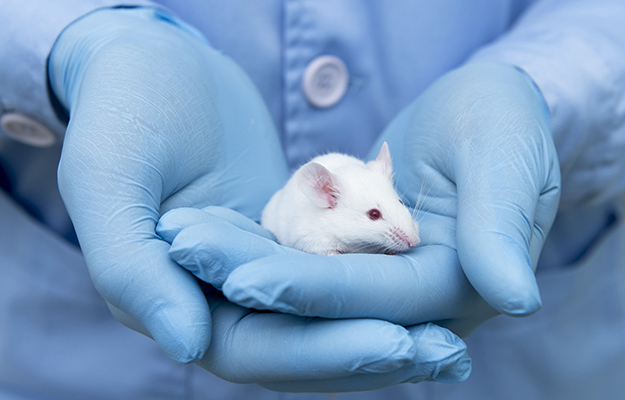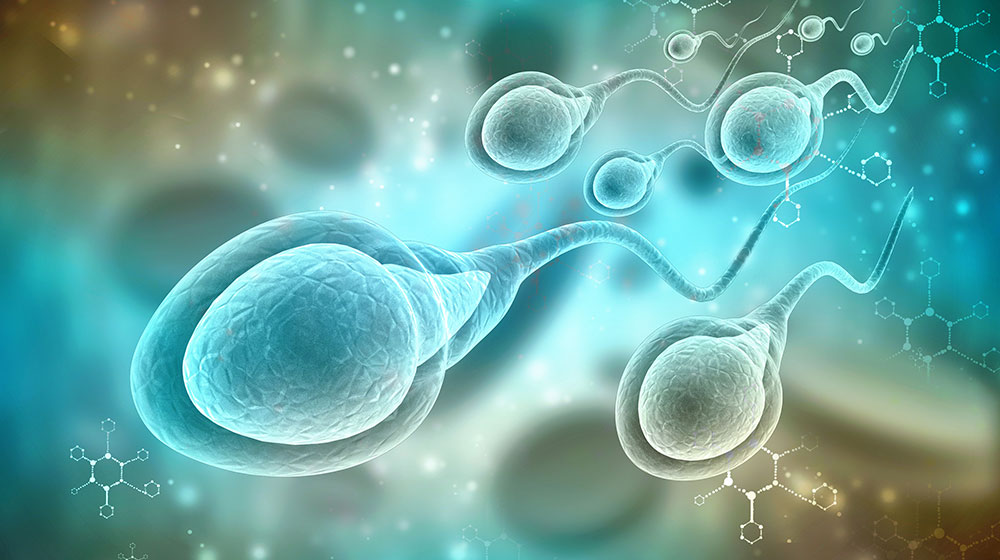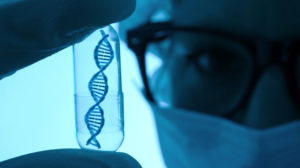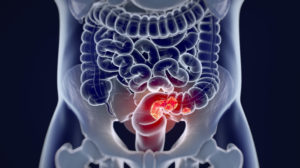Depression is a common illness experienced by more than 264 million people globally.
Evidence suggests that genes play a role in increasing the risk of depressive disorder. The Stanford School of Medicine estimates that in most cases of depression, about 50% of the causes can be traced back to genetics, while physical and psychological factors cause 50%.
While it is unclear whether a single defective gene prompts a single gene, it influences depression, diseases such as hemochromatosis, cystic fibrosis, sickle cell anemia, and Tay-Sachs. The sperm were long believed to merely deliver paternal DNA to the oocyte, although recent studies show that sperm RNA is an additional source of paternal hereditary information beyond DNA.
In this study, researchers conducted an experiment established on the evidence that parental life experiences can affect offspring phenotypes in an epigenetically inherited manner.
Read the original publication of this study here: [Sperm microRNAs confer depression susceptibility to offspring]
This study aimed to show that first filial generation (F1) offspring born to males of depression-like models are susceptible to depression-like symptoms at the molecular, neuronal, and behavioral levels.

Sperm microRNAs confer depression susceptibility to offspring
A team of Chinese researchers at Nanjing Medical University led a study that may pave the way to understanding the epigenetic cause of depression.
This study shows that sperm RNAs play a role in the offspring of depressed male mice, having developed higher susceptibility to depression when exposed to slight stress.
Since it is not possible to diagnose a depressed mouse, the researchers created the depressed rodents through five weeks of unpredictable mild stressful experiences and determined the expression of depression through depression-like behaviors related to despair and anhedonia. The depressed mouse subjects also underwent behavioral tests such as sucrose preference test, open-field test, and forced swim test, where they exhibited more extended immobility.
The researchers then mated their pseudo-depressed male mice with healthy female mice. The offspring of depressed mice grew normally with the same weight gain as the control group. However, when the researchers subjected the offspring mice to baseline stress protocols, they adopted the same behavioral changes as their fathers had.
The mice also appeared to have inherited abnormal cell activation and communication in brain regions that are thought to underlie depression in humans, including the prefrontal cortex and hippocampus.
To bring light to the depression-like behaviors inherited by the offspring of the depressed mice, molecular profiling was performed in several key brain regions related to depression. The depressed offspring had gene expression signatures similar to those of the depressed father when exposed to chronic variable stress. Sperm small RNAs, and microRNAs (miRNAs) in particular, exhibit distinct expression profiles in depressed males of depression-like models and reiterated paternal depressive-like phenotypes in their offspring.
The same experiment redesigned in the second generation of offspring showed that the grand pups of the original depressed mice behaved normally as the healthy mice, suggesting that the changes only lasted a generation.
Takeaways:
- Sperm small RNAs and microRNAs (miRNAs) in particular exhibit alterations in stressed and depressed mice fathers.
- Mice naturally born to depressed fathers have shown stressed-out behaviors.
- Parental life experiences can affect offsprings in an epigenetically inherited manner.
- This study suggests that depression behavior passed on through a depressed father may last a single generation.
You can read the original publication of this study here: [Sperm microRNAs confer depression susceptibility to offspring]





